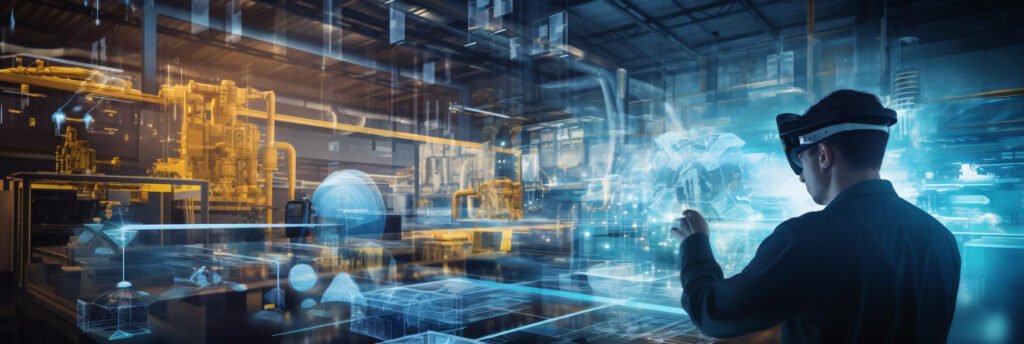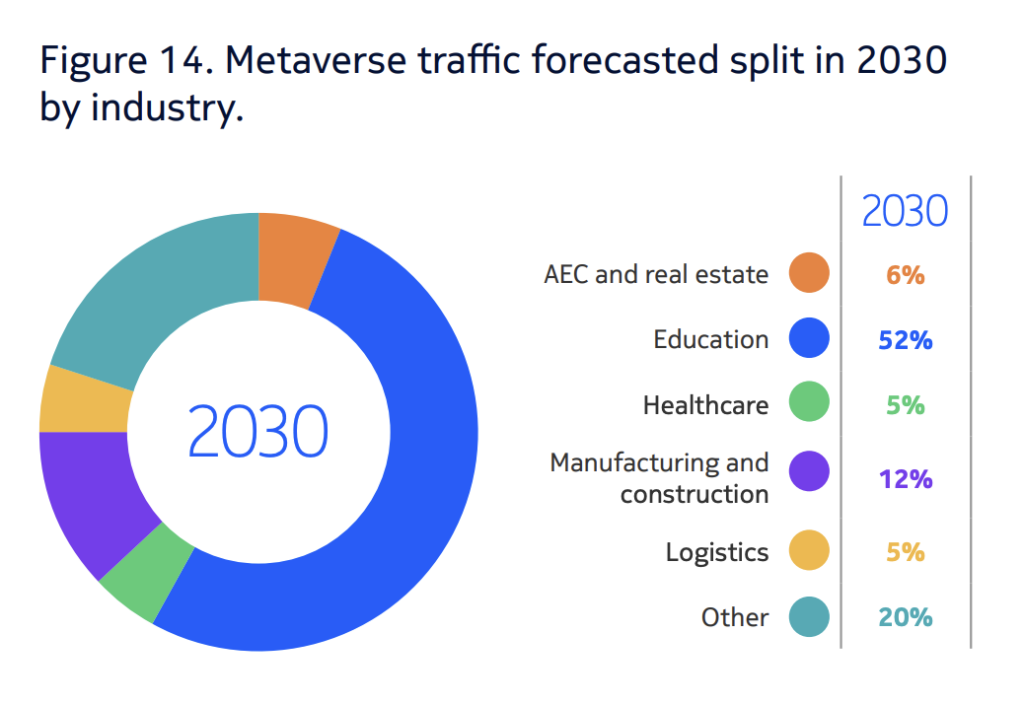Positioning itself at the forefront of technology evolution, Nokia is preparing for a significant increase in network demand by 2030, driven by the rapid growth of the metaverse, Web3 and AI. The company’s 2030 technology strategy report outlines a plan to improve network infrastructure and services to meet this expected increase.
Strategic investments for future technologies
At the heart of Nokia’s forward-looking strategy is a substantial investment in networking technologies essential for navigating the expanding worlds of the metaverse and beyond. To this end, the company expects a 22% to 25% increase in network demand between 2022 and 2030, mainly due to the widespread adoption of generative AI and virtual reality devices.

Nokia’s plan includes a robust investment in its network equipment and services portfolio to support the evolving ecosystems of the Internet of Value, decentralization, blockchain and smart contracts. In addition, special attention is paid to metaverse capabilities, focusing on human augmentation, spatial computing and split processing. To further these efforts, Nokia has established two labs dedicated to exploring the metaverse and its foundational technologies.
Nokia’s involvement in the metaverse extends to practical experiments and initiatives. One notable project involves using a 5G-connected Microsoft HoloLens for remote aircraft maintenance instructions. This demonstrates augmented reality’s potential to support technicians in remote locations.
The company’s focus extends beyond immediate technological advancements to a broader vision of digital transformation. Nokia’s Technology Strategy 2030 report identifies AI, cloud computing, the metaverse, the Internet of Value, Industry 5.0 and API networking as critical trends shaping the future of connectivity.

The impact on supply chains and production
By 2030, the expansion of connected devices will particularly drive the adoption of metaverse technologies. This will happen in the consumer, business and industrial sectors. Consequently, the technological leap aims to transform supply chains and production processes. It will facilitate real-time interactions and efficient delivery planning. Furthermore, the metaverse promises to revolutionize manufacturing operations. This includes the impact on design, testing, real-time monitoring and remote maintenance.
The industrial metaverse in particular is experiencing rapid growth, with revenue set to reach $61.8 billion by 2022. Forecasts predict a compound annual growth rate (CAGR) of 25.3% between 2023 and 2033, indicating a shift towards the integration of metaverse technologies in sectors such as automotive manufacturing. Furthermore, this integration should drive innovation, with the industrial metaverse market expected to grow from $80.1 billion in 2023 to an astonishing $765.8 billion in 2033.

